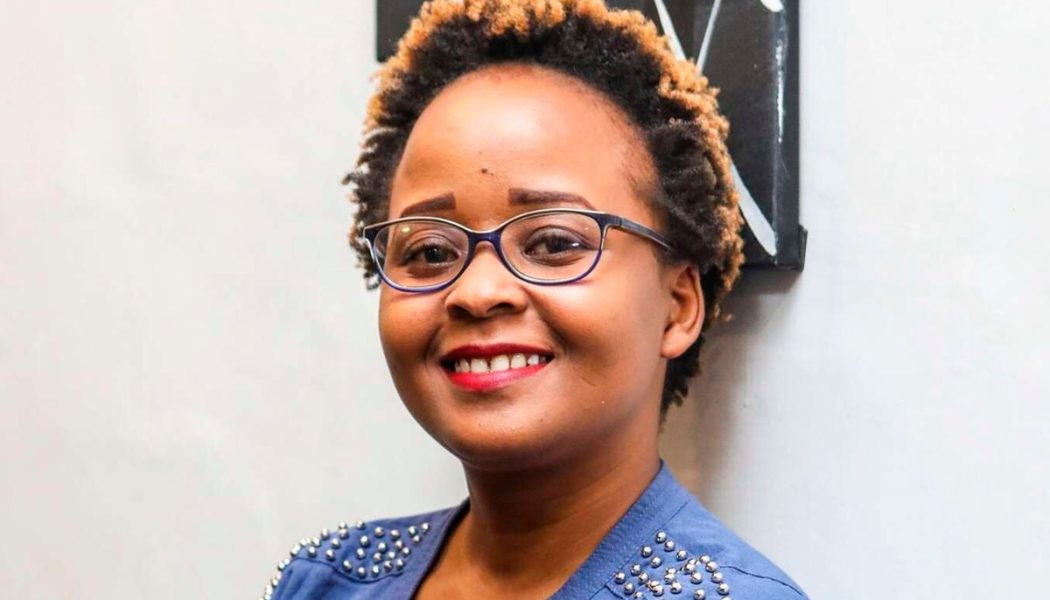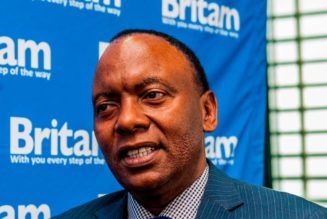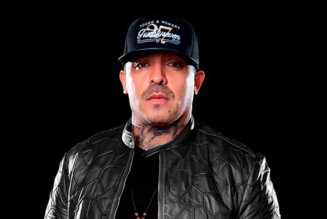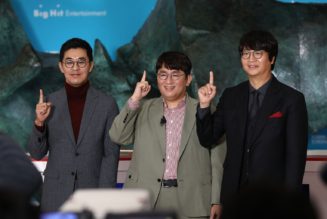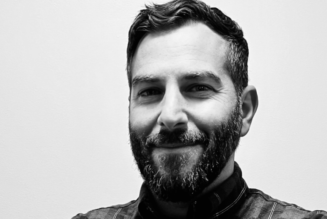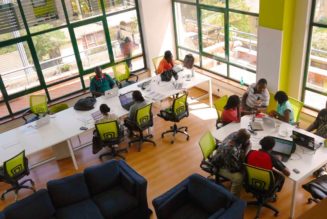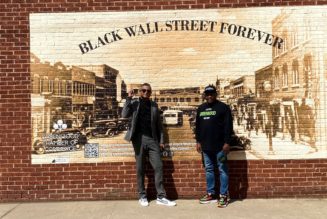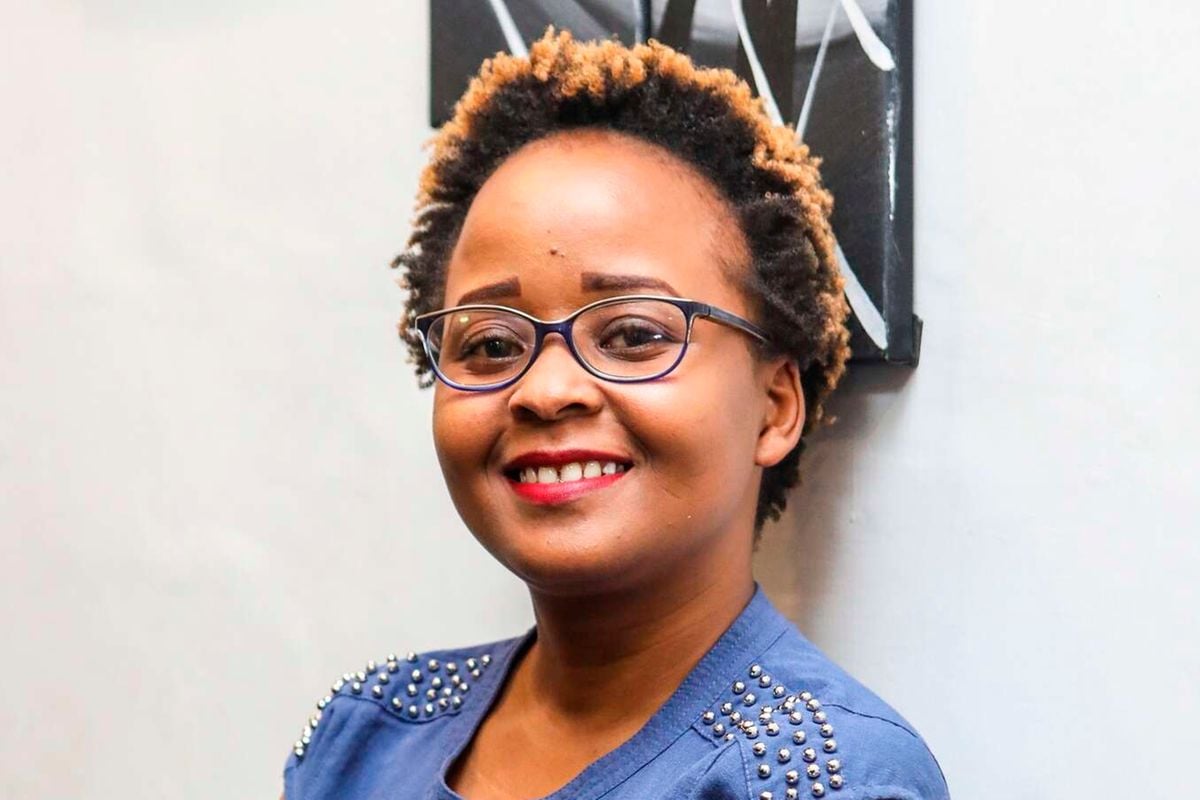
In a brightly lit room, eight new parents, each sitting next to a child with hearing challenges, sit in a circle. The children’s ages range from two to 13 years.
Each parent has a unique story to tell. In this room, after everyone introduces themselves, they express their emotions freely. Crying is allowed too.
“I discovered my child had a hearing problem when he was nine months old. I bought him a baby shaker. He looked at it and didn’t even try to play with it, then put it down. That’s when I knew something was wrong,” one parent shares.
As each parent speaks, there is a sense of solidarity, comfort, and support. This meeting has become a source of encouragement and assurance for hundreds of parents whose children cannot hear.
In another room filled with toys and a playground outside, a ‘teacher’ oversees the activities. Tiny children with hearing aids play joyfully, communicating effortlessly through sign language.
The room is vibrant with laughter and the animated gestures of children fully engaged in their world.
This place is not just a playground, it is a haven where children with hearing impairments can connect, learn, and thrive.
Nancy Nyambura is the co-founder and CEO of Lugha Ishara, an organisation dedicated to supporting children with hearing impairments.
“I remember in 2016, I met a 19-year-old girl who was deaf. I was working with a non-governmental organisation focusing on deaf youth empowerment,” she says.
“We were dealing with young deaf adults between the ages of 18 and 25.”
The community leader had mentioned that the girl wasn’t fitting in well with her peers so my role was to understand why and find the best way to support her. When I met her, I told her to accompany me to a supermarket to buy some items, but before that, we stopped at an ATM to withdraw money.
To my surprise, she told me in sign language that she had never seen an ATM before. I was shocked. I showed her how an ATM works. During our interaction, I noticed her signing was different from the others.
Through this experience, I learned that some deaf individuals use “home signs”—personal sign languages created to communicate within their family or immediate environment, which are different from the official sign language.
Later, when I met her parents, I discovered that her mother had never accepted her condition. This revelation led me to conduct deeper research to understand what deaf people go through.
I learned about language deprivation, a condition where a deaf child who hasn’t learned any language within the first five years experiences irreversible brain development challenges.
Language acquisition in deaf children mirrors that of hearing children, only that the former learn through visual and tactile communication, which involves touch.
Like hearing infants, deaf babies initially use specific signs and gestures. They progress from using single signs to express basic needs, then combining the different signs to form simple sentences.
As they grow, deaf children develop more complex grammar, vocabulary, and social language skills through exposure to sign language, similar to how hearing children acquire spoken language through auditory input and interaction with caregivers.
Seeing the severe consequences of this condition, I knew I had to act. This is how Lugha Ishara was born in 2018, to ensure that deaf children receive early language exposure and support, and to prevent the devastating effects of language deprivation. We work primarily with children aged below three.
My journey has been driven by a sense of responsibility and a relentless passion for social justice. From a young age, I knew my mission in life was to be a voice to the voiceless.
I speak my mind without fearing what other people think or say, as long as I believe it is the right thing. While growing up, my passion was to become a psychiatrist. But things changed along the way.
I am the thirdborn, and my parents always believed in sharing the little we had. They welcomed everyone into our home.
We lived with my father’s cousin, who had Down’s syndrome, and this was my first deep exposure to someone living with a disability. After graduating from the University of Nairobi in 2008, I explored several opportunities, and in 2012, I travelled to Indonesia.
While there, I worked as an advisor, leading a team and working with people with disabilities, something I never imagined doing considering I pursued a Bachelor of Arts in Social Work.
Being young, unmarried, and African, I faced considerable stigma. I remember one elderly man telling me I needed to have children, implying that I was too young to lead.
The discrimination was intense, much more severe than I had ever experienced. I stayed there for two years, and when I returned home, I sought therapy to process everything I had been through.
A friend then encouraged me to pursue my passion. Another friend who was deaf taught me sign language. He gave me books and introduced me to over 40 deaf individuals.
I was the odd one because I didn’t know sign language well enough. Determined to make a change, I introduced sign language classes at work, where the deaf taught us.
This initiative eventually led to the birth of Lugha Ishara. Through these experiences, I found my calling.
I graduated with a Master’s degree in Child Development from Daystar University in 2022, which further equipped me with the knowledge and skills to advocate for the needs of deaf children.
At Lugha Ishara, our goal is simple yet profound – to combat language deprivation in deaf children through early detection and appropriate interventions.
We envision a world where deaf children thrive in all spheres of life, starting with early childhood language development. My journey has been filled with numerous challenges.
Accurate data on disability was hard to come by societal stigma was pervasive, and getting investors was an uphill battle. Despite these obstacles, I stayed determined.
We worked tirelessly to help parents accept and support their deaf children by offering counselling and therapy sessions. One of my proudest achievements is seeing Lugha Ishara transform from a mere idea on paper into a tangible reality.
Seeing newborns thrive and knowing we’ve played a part in their development is incredibly rewarding.
I would tell my younger self to seize every opportunity, embrace new experiences, and surround herself with like-minded individuals.”
